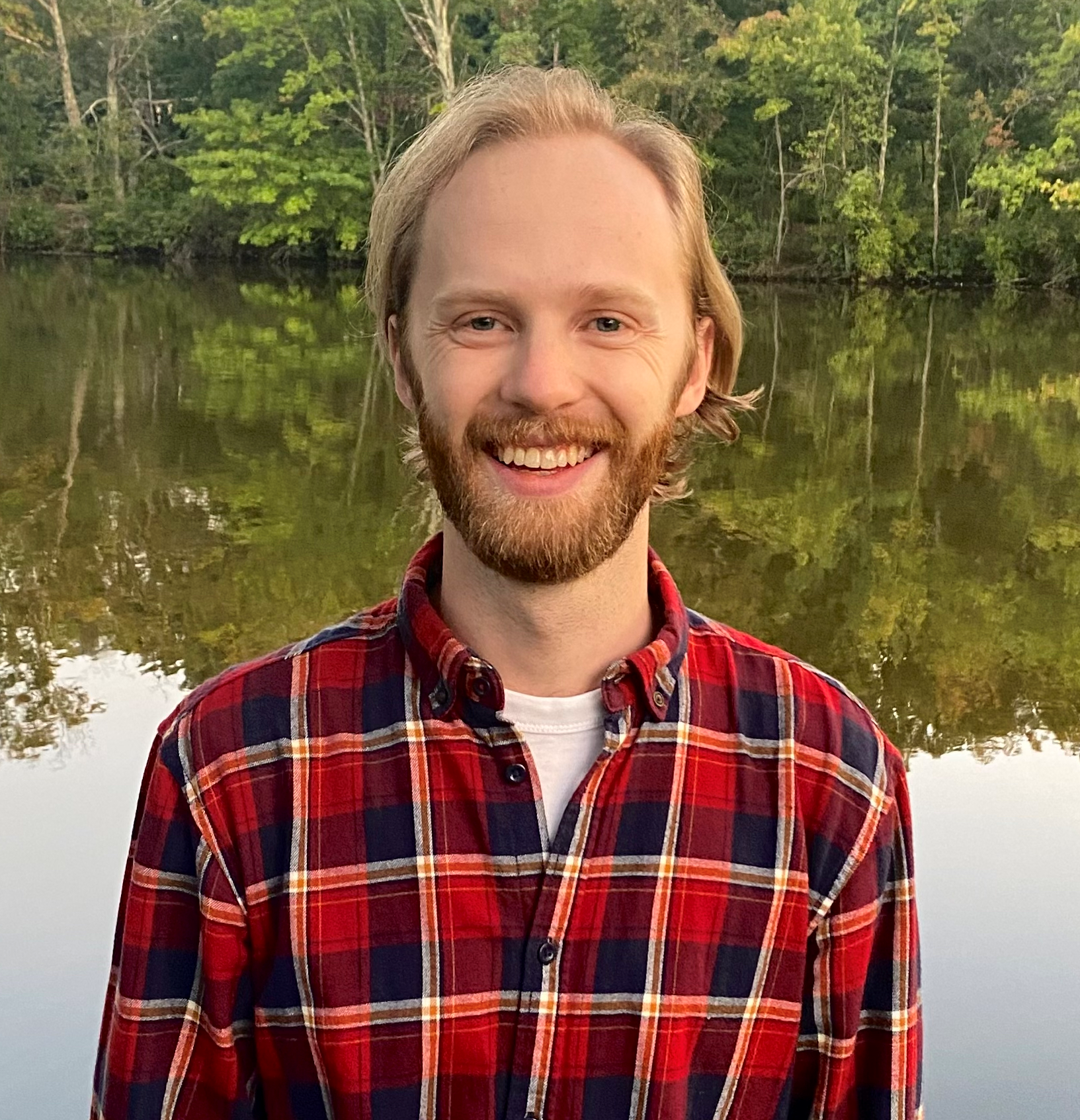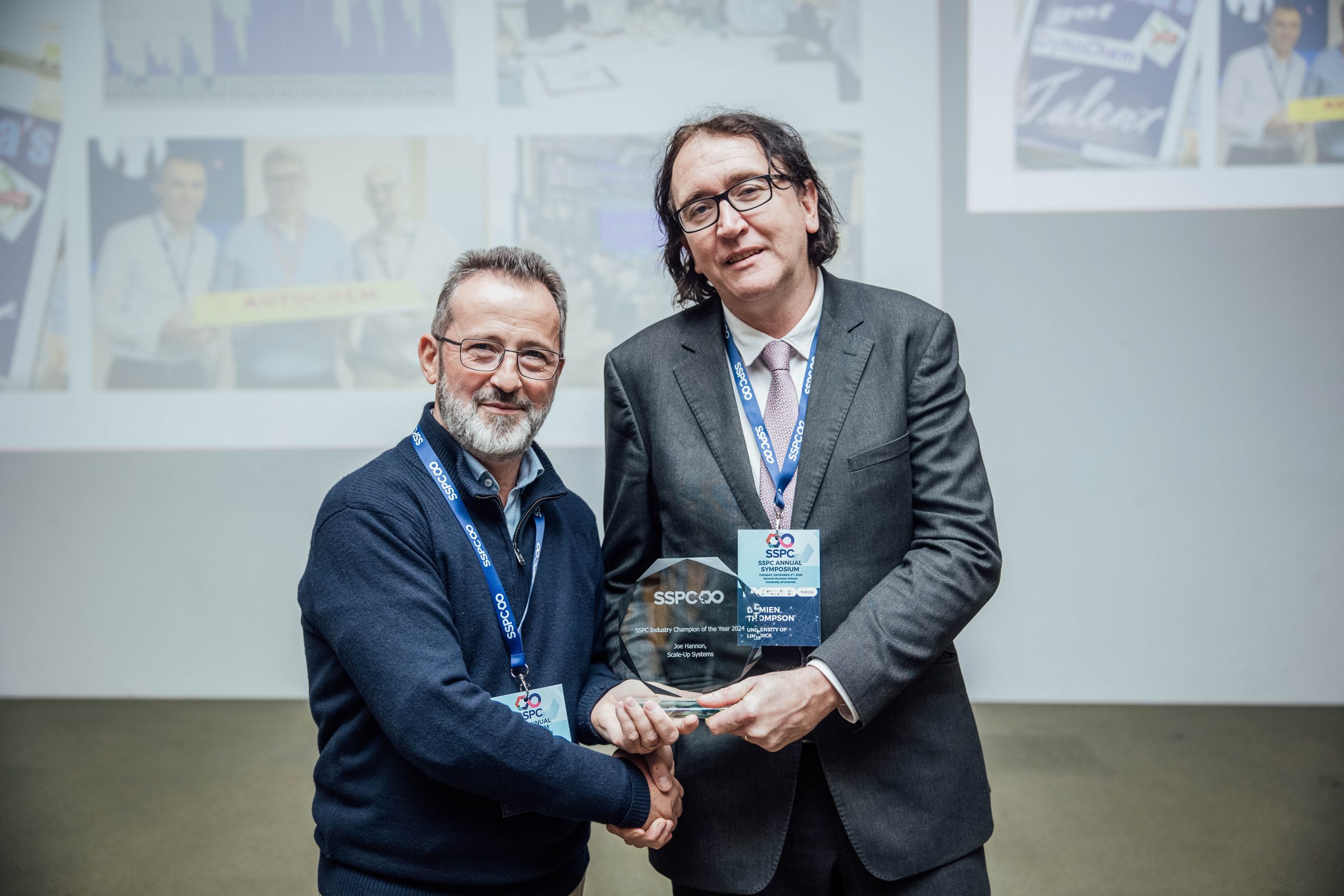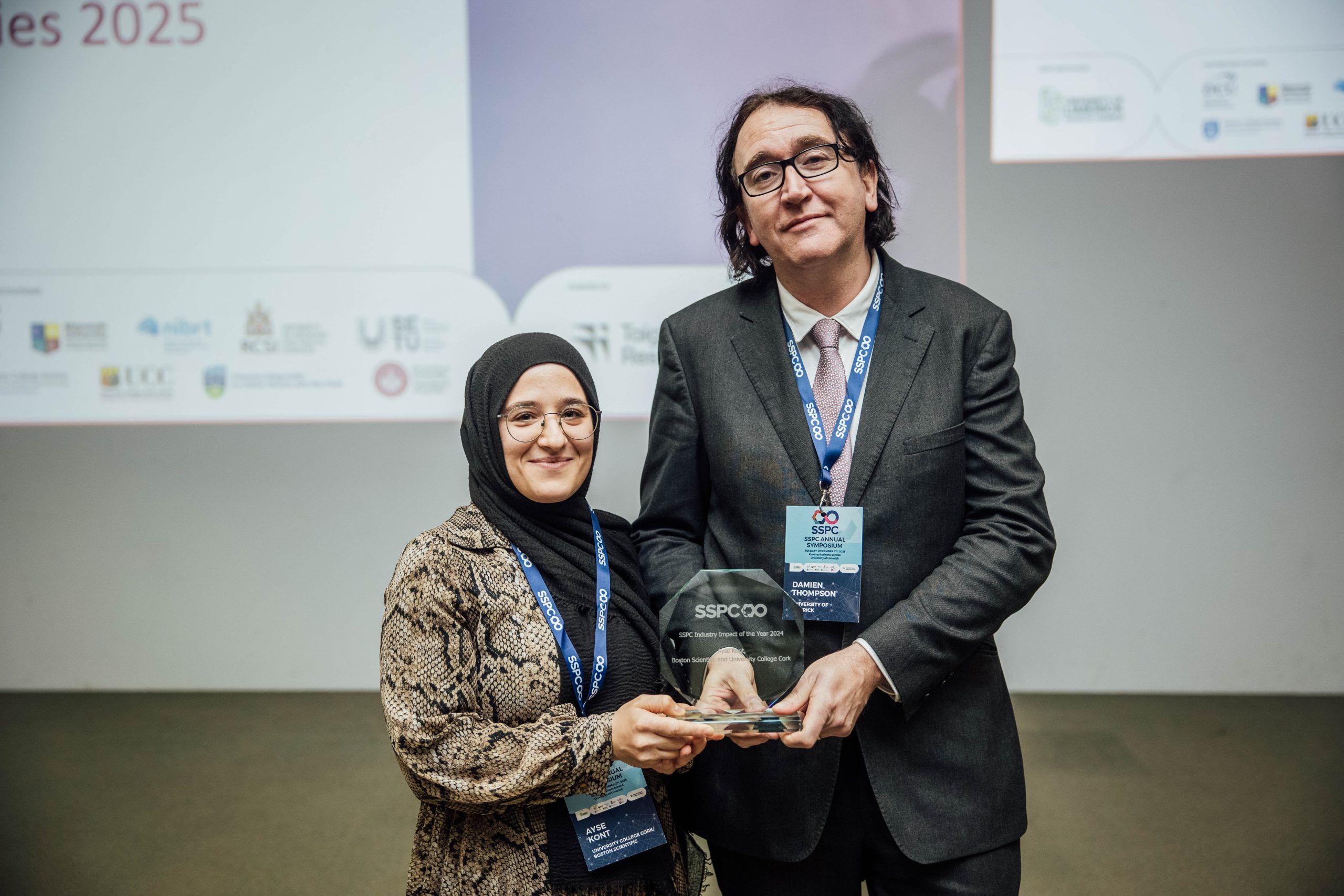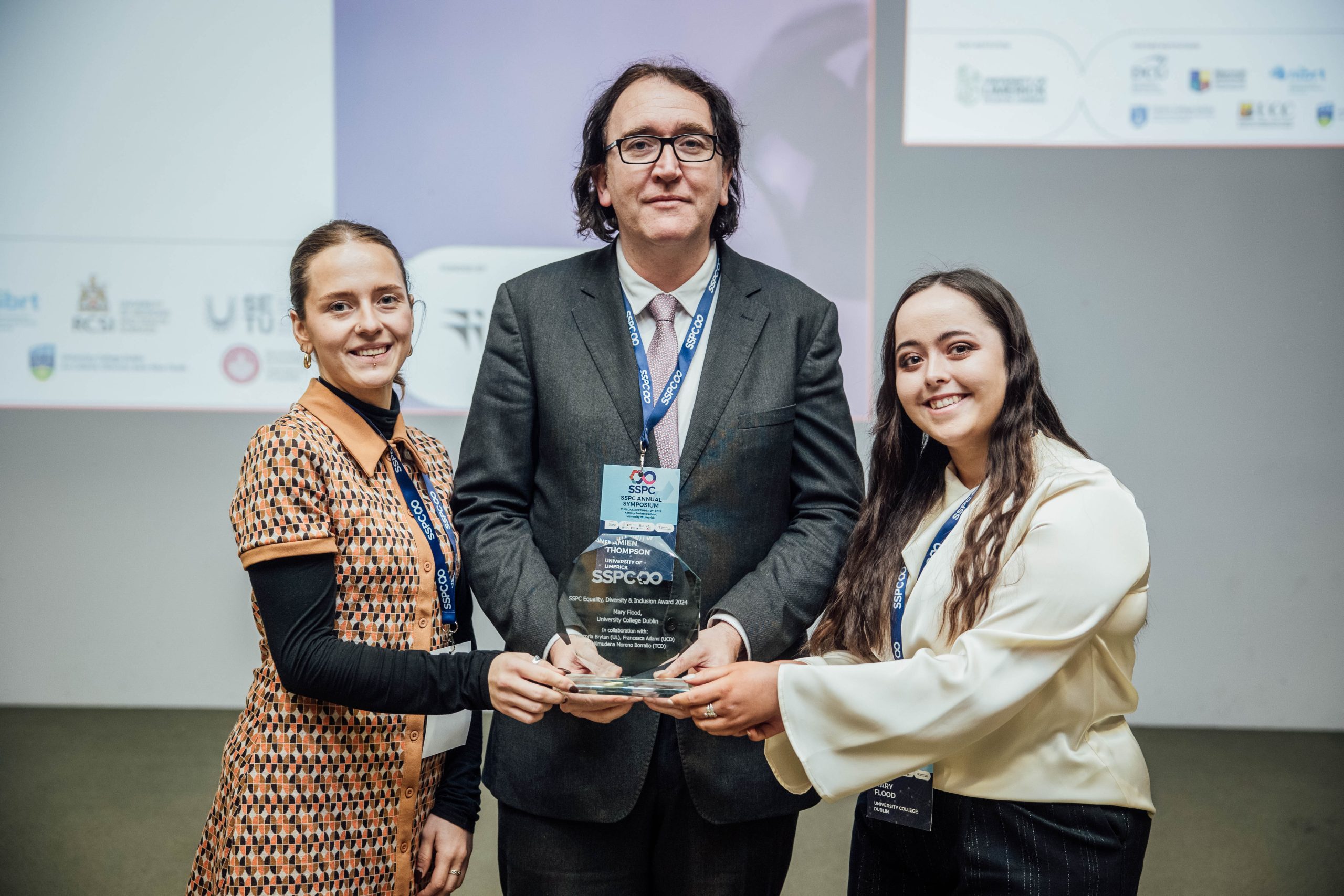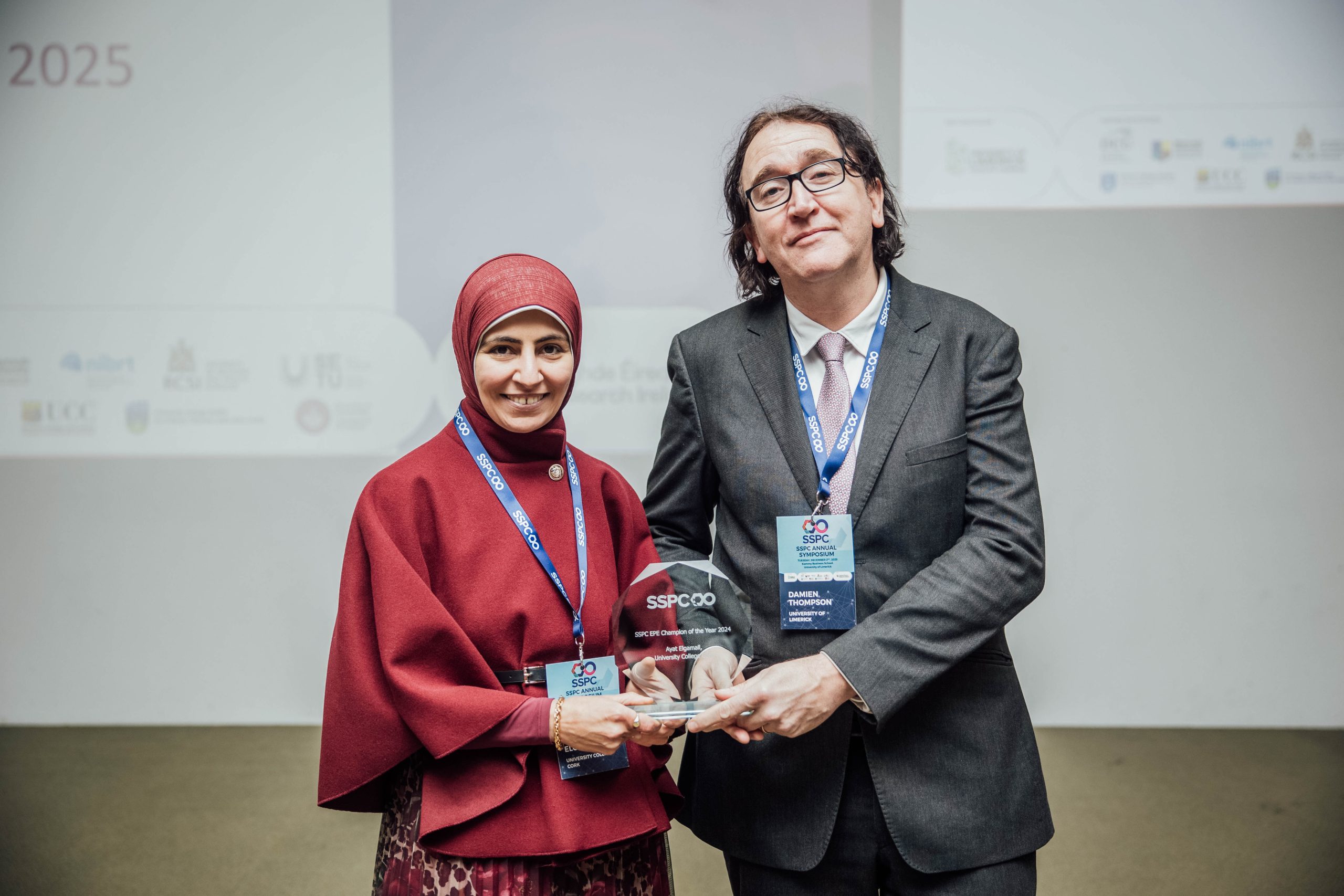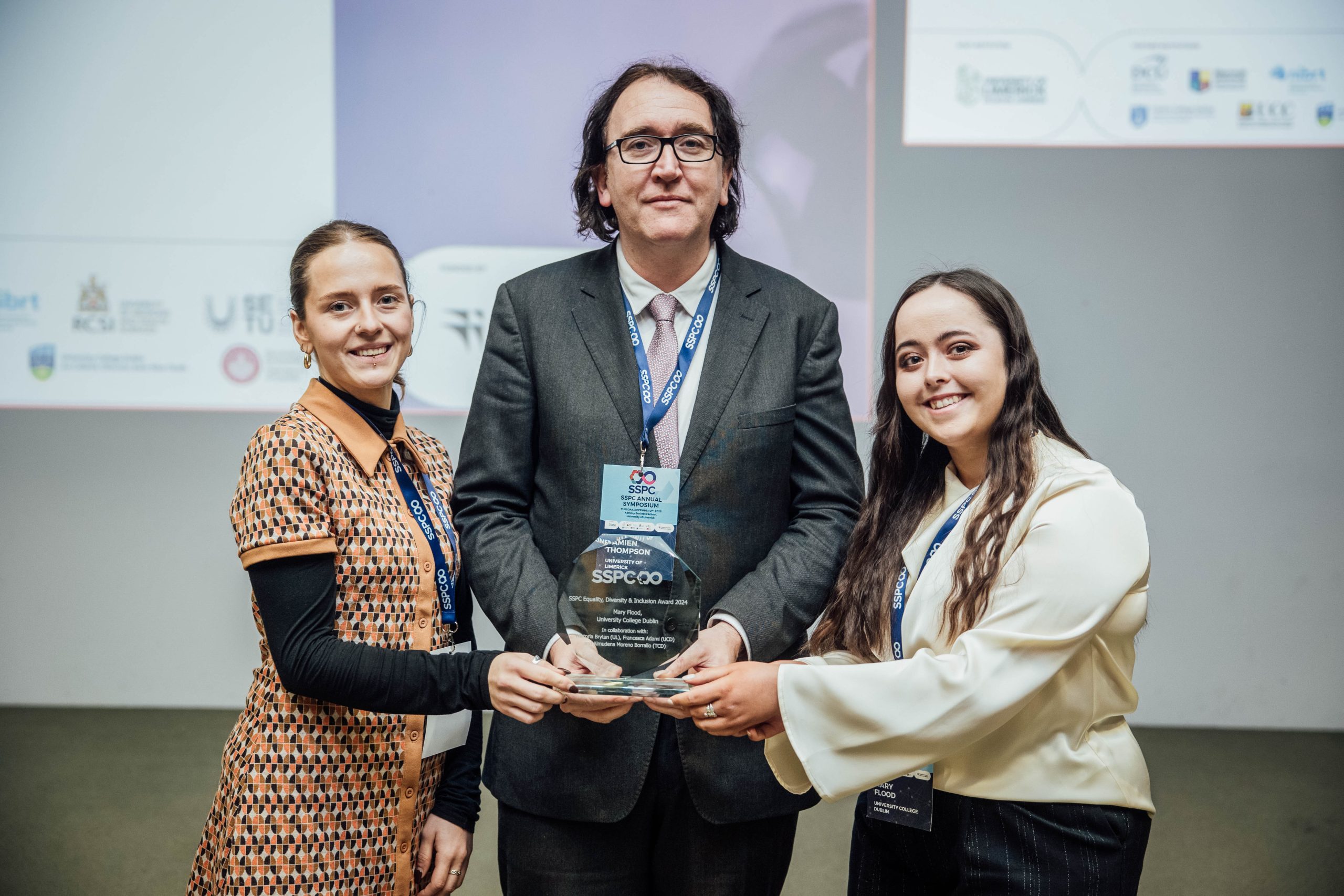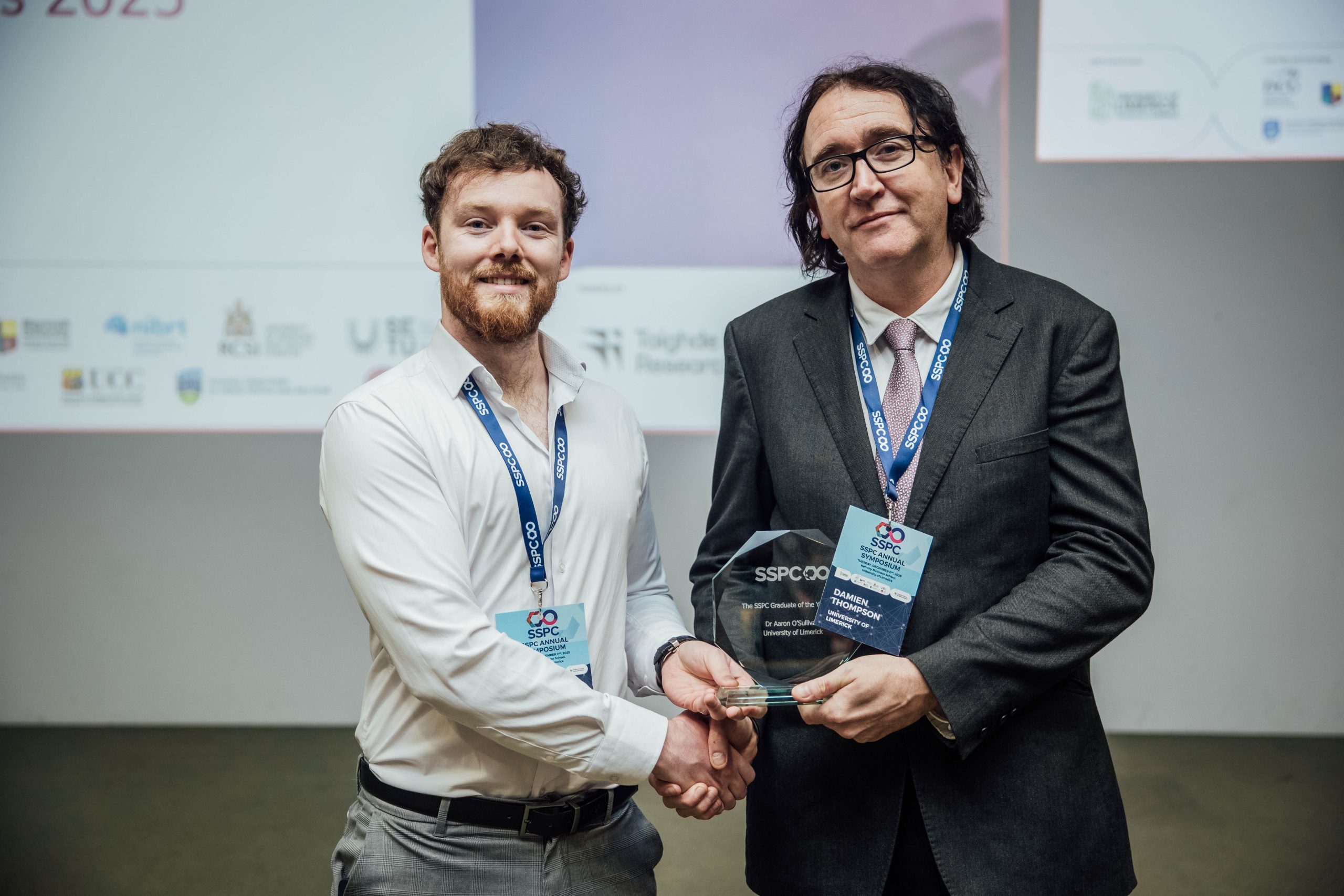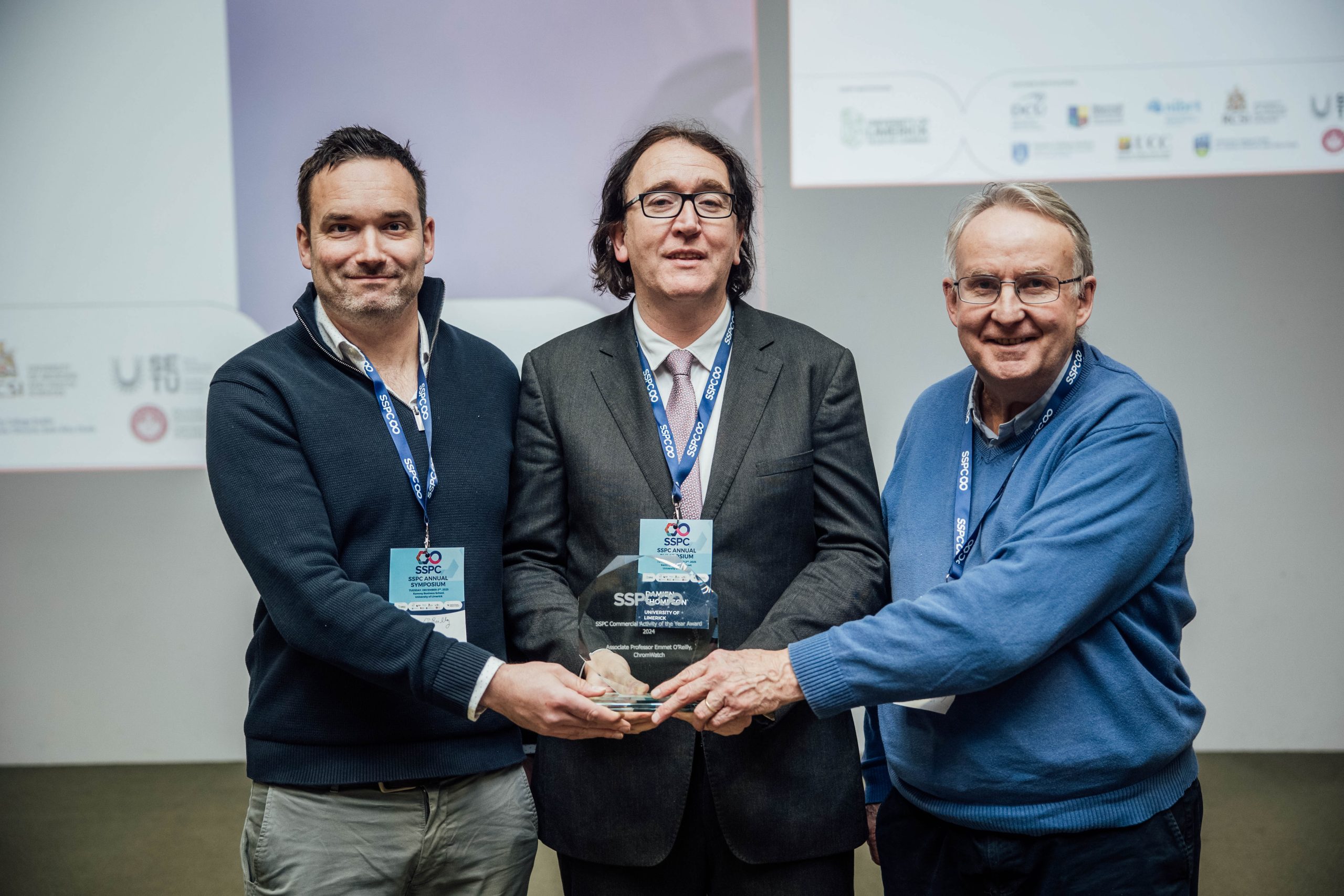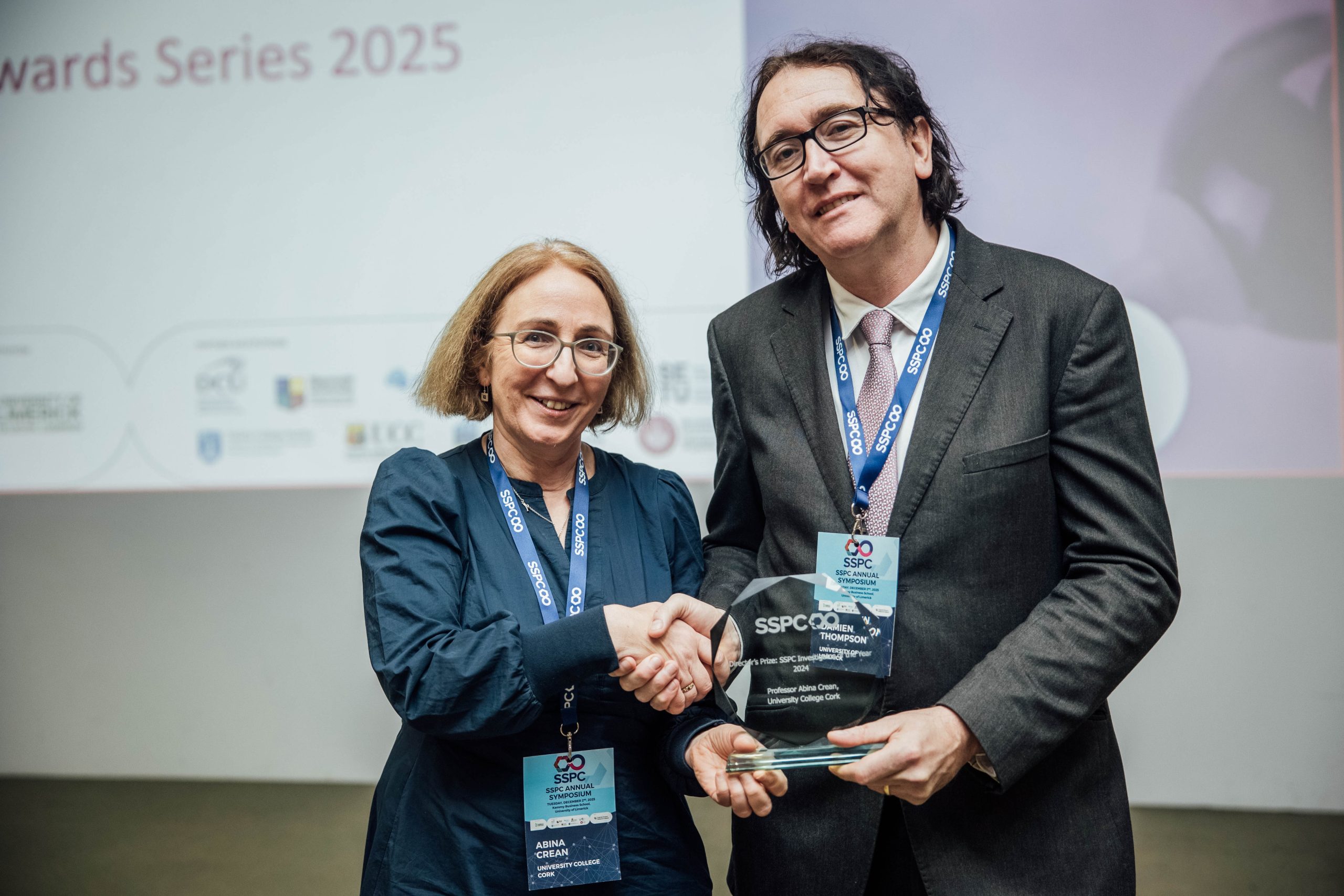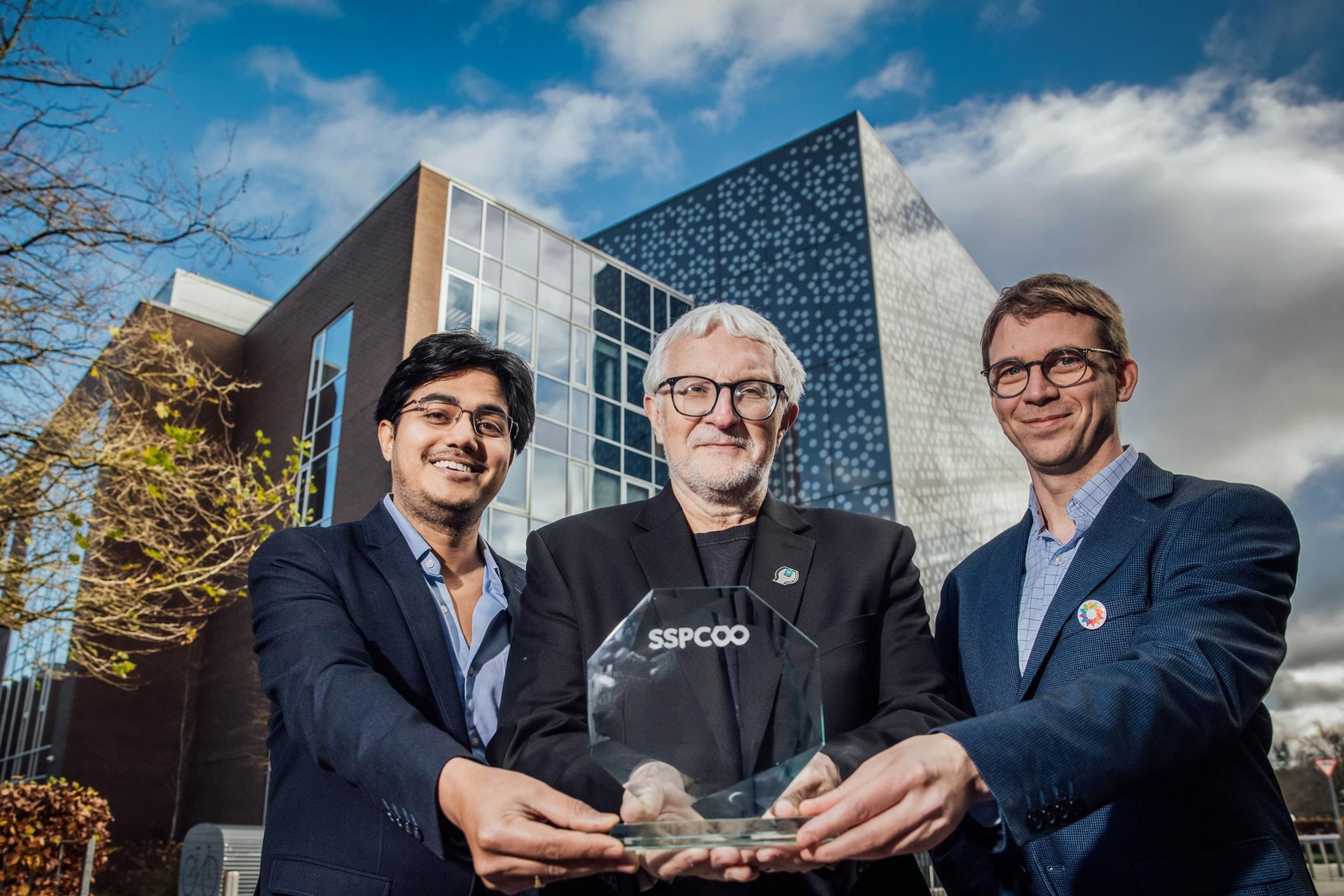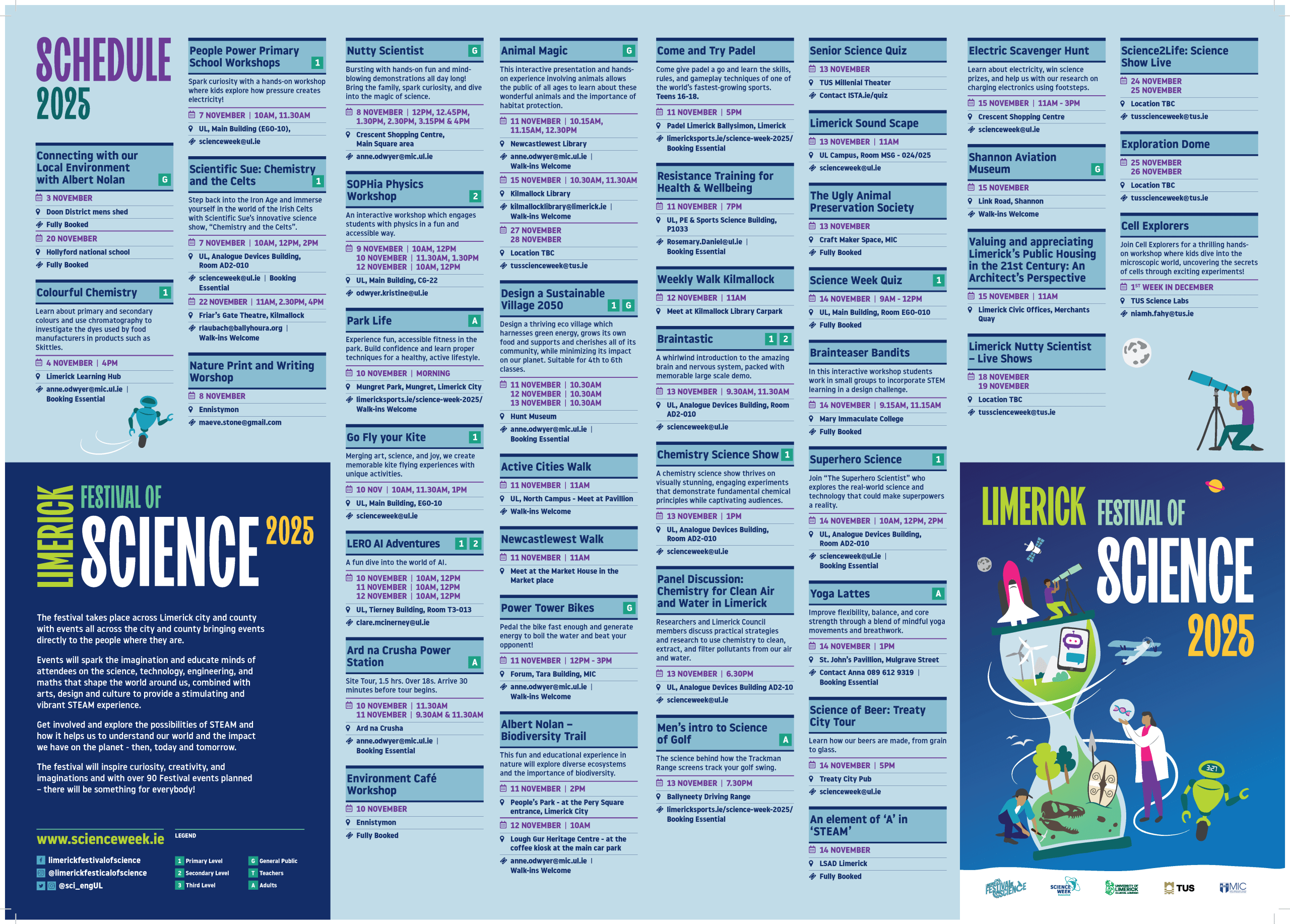Dr Mark Nolan, was awarded SSPC’s Graduate of the Year, a PhD under Dr Eoin Scanlan at Trinity College Dublin (TCD), is now is a Postdoctoral researcher in the chemistry department at Princeton University.
Mark received this award because during his time at the Scanlan group, he demonstrated significant potential to excel as a leader in scientific research. He has shown great ability to perform high quality and impactful research along with managing lab tasks, demonstrating in undergrad labs, supervising project students and has proven time and again to be a talented scientific communicator and researcher through his publications and awards.
Read Mark’s experiences…..
Beginning my undergraduate course at TCD, I was torn between biology and chemistry. Once the time came I chose to focus on chemistry, but biology never left my circle of interest, so when I encountered the field of peptide chemistry I was immediately drawn in. The idea that we can make these complex biological molecules in the lab, and apply them to study biology is fascinating to me.
I had my first taste of academic research in Stockholm University, performing my bachelor’s thesis work on organic synthesis. My PhD work at TCD under the supervision of Prof. Eoin Scanlan was funded by SSPC, and focused on developing chemistry for modification of peptides and proteins, exploring applications in therapeutic synthesis, drug discovery and glycobiology. I find the use of chemistry to solve biological problems intriguing and decided that is what I want to focus on in my scientific career going forward.
One of the things I am most grateful for from my PhD studies is having a degree of freedom to direct my work and explore ideas. I think this is extremely important in helping foster curiosity and scientific interest, as well as to develop as a scientist. Prof. Scanlan was great in allowing me to have some of my own direction, whilst also providing the support needed.
I love the idea that nature can achieve so much with peptides and proteins. Nowadays, we have all kinds of methods to access these compounds. I think, therefore, that these are a powerful compound class for developing new therapeutics or to use as biological tools.
When I first started working in research, I was somewhat surprised to learn how impactful time management and multitasking can be. It seems rare that things work first time, and having multiple experiments on the go doesn’t just keep your work moving forward but also makes it less likely you’ll have one of those days where nothing worked!
In my current lab, we study chromatin, which is the structure in our cells in which our DNA is packaged. This chromatin consists of the DNA itself, wrapped around complexes of proteins called histones, forming strings of nucleosomes, like beads, to give the overall structure we know as the chromosome. The way in which the DNA is wrapped or packaged helps a cell to control what genes are expressed at a given time, or in a certain part of the body. This is how a cell controls how it changes over time, as well as its identity to become a muscle cell, a neuron, blood cells or anything else, and is known as epigenetics. Epigenetic regulation occurs through the action of various writer, eraser and reader proteins that can modify the chromatin, remove modifications, or interpret the modification state to either drive or suppress gene expression.
We study these proteins, and how chromatin structure can effect gene expression, through a variety of chemical tools. This leads us to better understanding both fundamental biology and disease biology, including cancers.
Pharma research is extremely important as it is how we translate our scientific understanding to bettering the health of humanity. Dedicated research centres such as SSPC are vital for training the next generation of researchers in a way that brings together varied expertise from multiple institutions, greatly enhancing what we can achieve.
We still haven’t solved the problem of library-based drug discovery, despite huge advances in these technologies. I think new approaches that focus on advantageous or drug-like characteristics of these libraries, including AI-based methods, will greatly improve our ability to find new drugs, hopefully for a range of diseases. However, we can have all the compounds we want, but if we don’t understand the biological target it’s difficult to bring it to the stage of helping people. As a result, I think exploring and understanding new targets is highly important.

